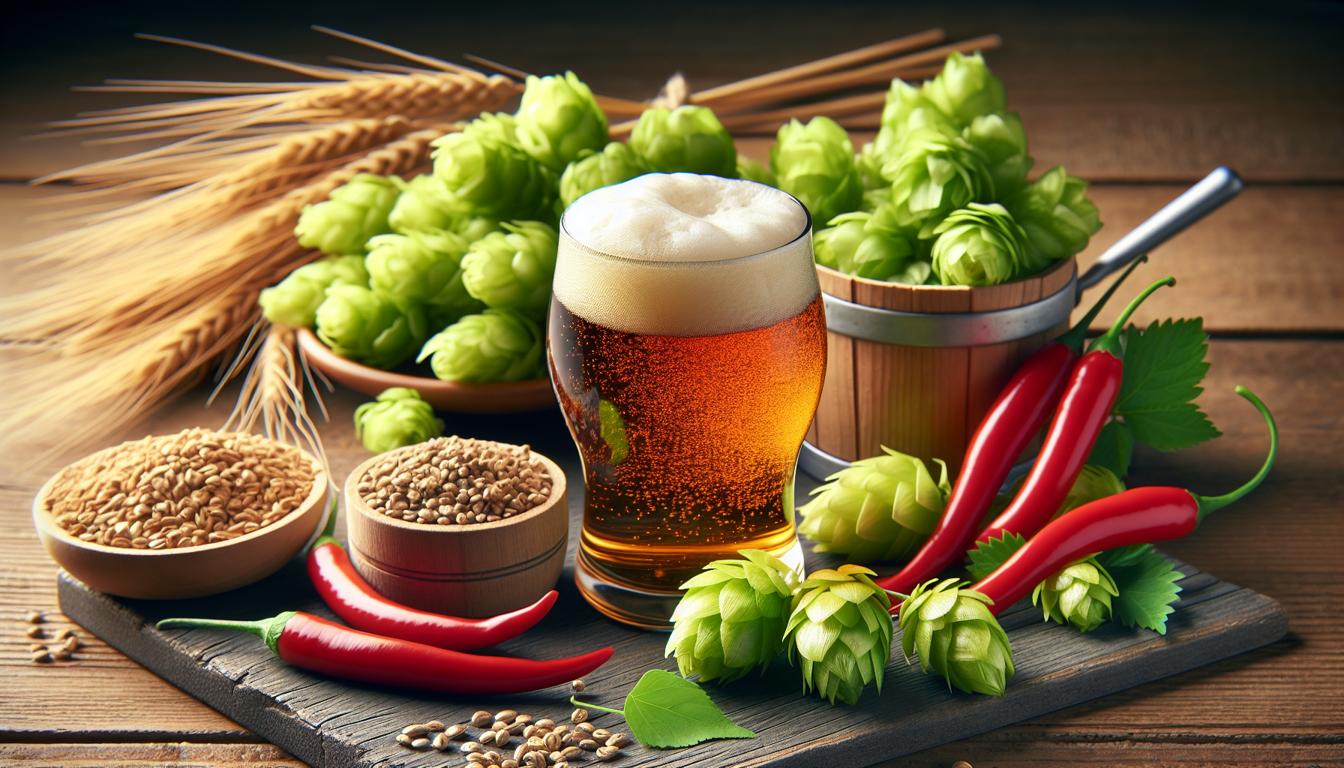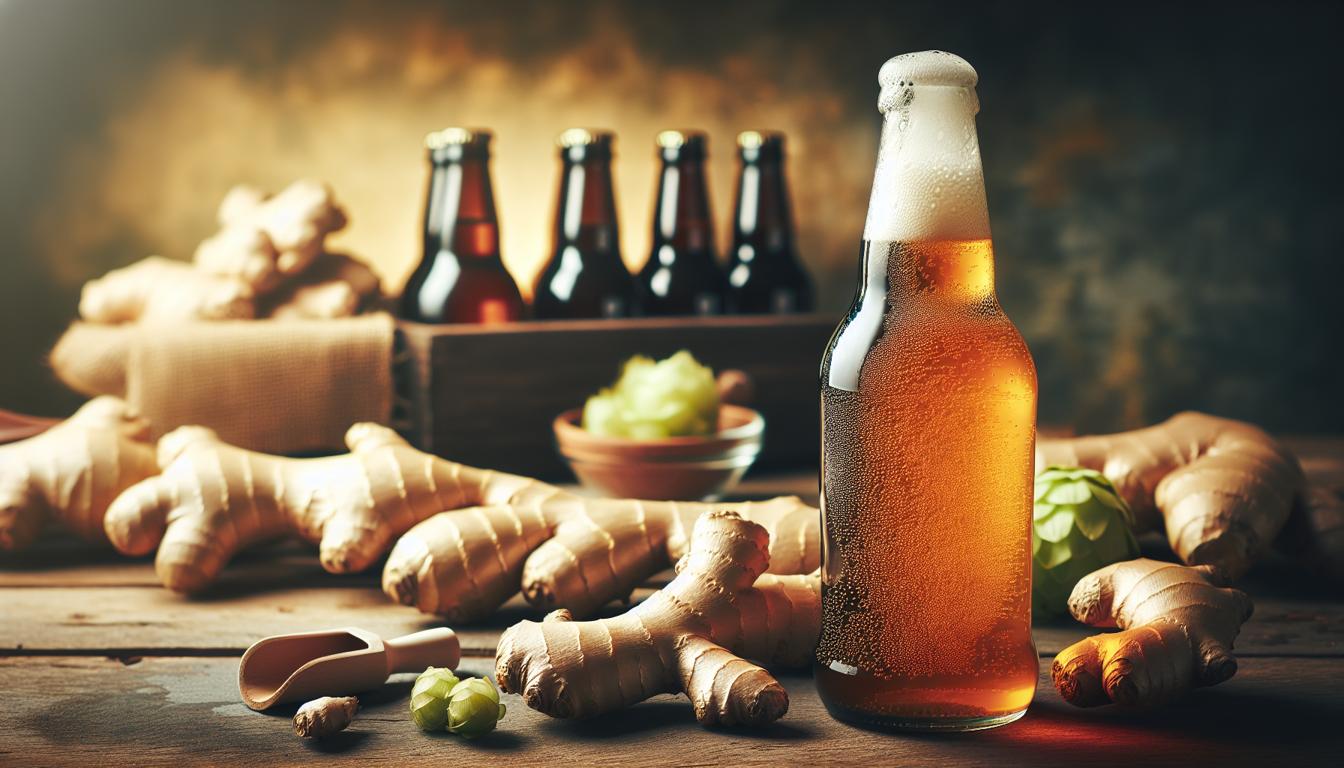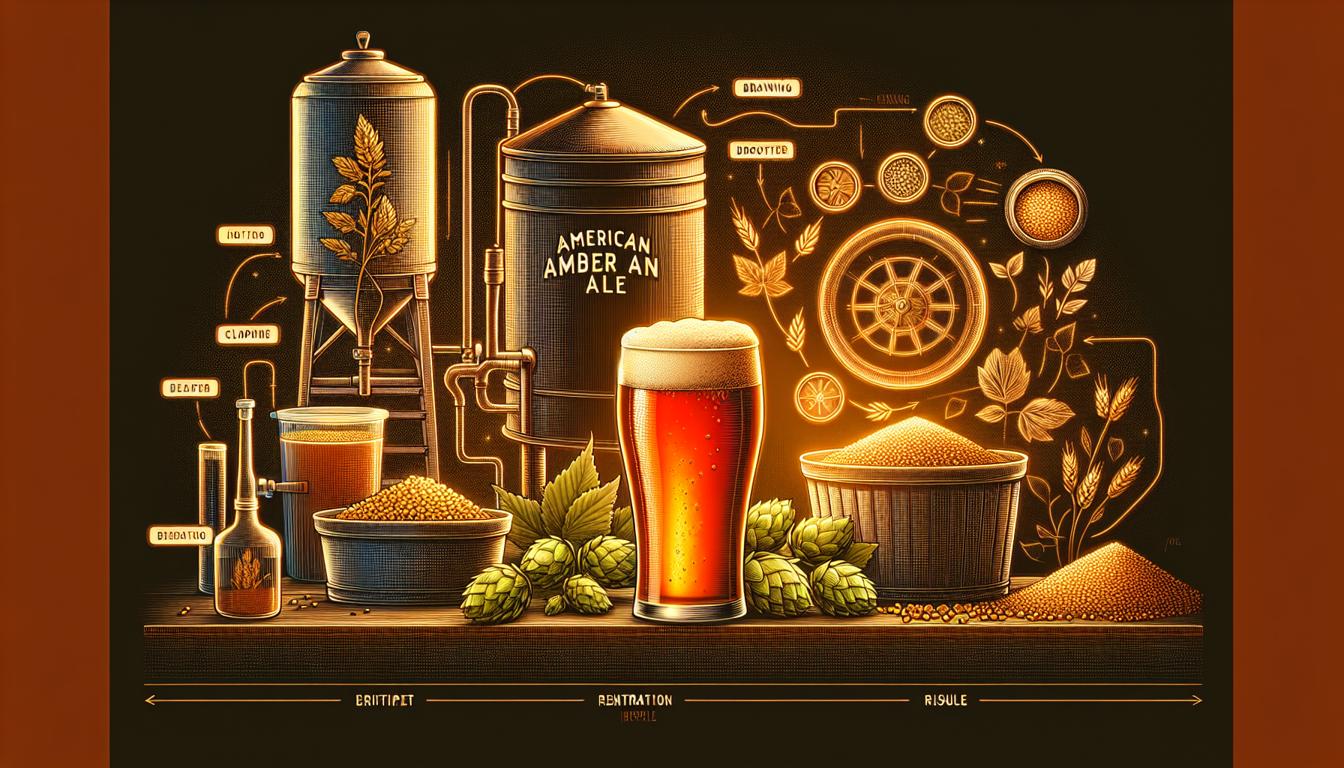The Brewing Process
Understanding the Basics
The brewing process for sour beers is similar to that of other beer styles, but with a few key differences. The primary distinction lies in the fermentation process, where specific bacteria and wild yeast strains are introduced to create the sour flavor profile. These microorganisms work together to break down sugars in the beer, producing lactic acid, which imparts the characteristic tartness.
Fermentation Methods
There are two main methods of fermentation used in sour beer production: spontaneous fermentation and mixed fermentation.
Spontaneous Fermentation
Spontaneous fermentation relies on naturally occurring yeast and bacteria in the environment to ferment the beer. This method is most closely associated with Belgian Lambics, which are brewed in the Pajottenland region and aged in oak barrels. The unique microflora found in this area contributes to the distinct flavors and complexity of these beers.
Mixed Fermentation
Mixed fermentation involves the intentional introduction of specific strains of bacteria and yeast, such as Saccharomyces, Brettanomyces, Lactobacillus, and Pediococcus. This method offers greater control over the fermentation process and allows brewers to create a wide range of sour beer styles, including American Wild Ales and Berliner Weisses.
Types of Sour Beers
Lambic
As previously mentioned, Lambics are a type of sour beer that relies on spontaneous fermentation. They are typically aged for one to three years in oak barrels and can be blended to create Gueuze, a sparkling, complex sour beer. Fruit can also be added to Lambics to create fruit-infused variations such as Kriek (cherries) and Framboise (raspberries).
Gose
Gose is a German-style sour beer that traditionally contains coriander and salt. It is fermented with both yeast and Lactobacillus bacteria, resulting in a tart, refreshing flavor profile. Gose beers often have a slightly salty finish, which helps to balance the acidity.
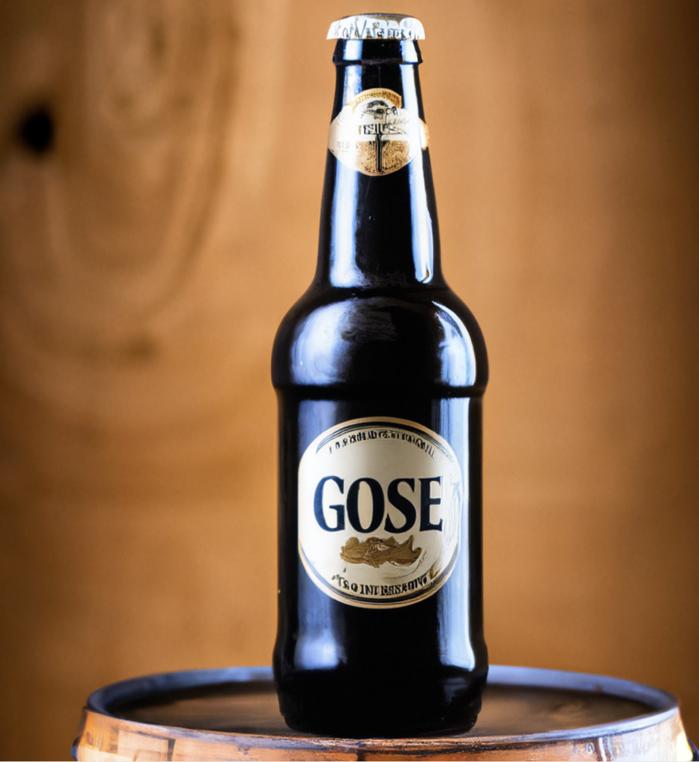
Berliner Weisse
Berliner Weisse is another German-style sour beer, characterized by its low alcohol content and high carbonation levels. It is fermented with a combination of yeast and Lactobacillus bacteria, producing a crisp, tart flavor. Traditional Berliner Weisse is often served with flavored syrups, such as raspberry or woodruff, to offset the sourness.
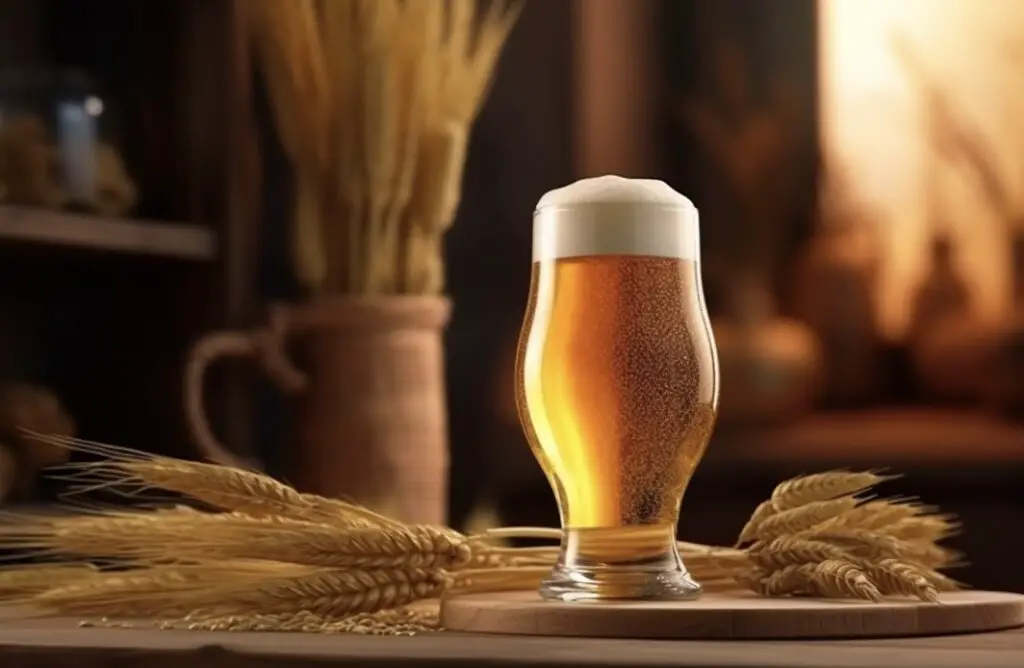
Ingredients in Sour Beers
Malted Grains
Like all beers, sour beers begin with a base of malted grains, typically barley or wheat. The choice of grains can influence the final flavor of the beer, with wheat often contributing a softer, more delicate character.
Hops
Hops are used in sour beers, but their role is often less pronounced than in other beer styles. Hops provide both bitterness and aroma, but in sour beers, the focus is on the acidity and unique fermentation flavors.
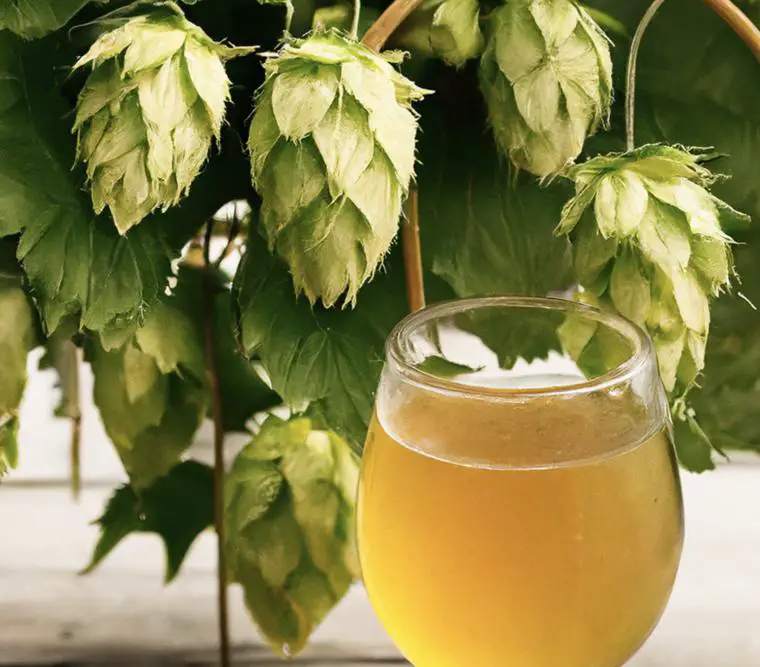
As a result, brewers often opt for low-alpha acid hop varieties that impart subtle, complementary flavors.
Yeast and Bacteria
As discussed earlier, the yeast and bacteria used in the fermentation process are crucial to the flavor profile of sour beers. These microorganisms are responsible for the tart, acidic character that defines the style, as well as the complex, funky flavors that can develop over time.
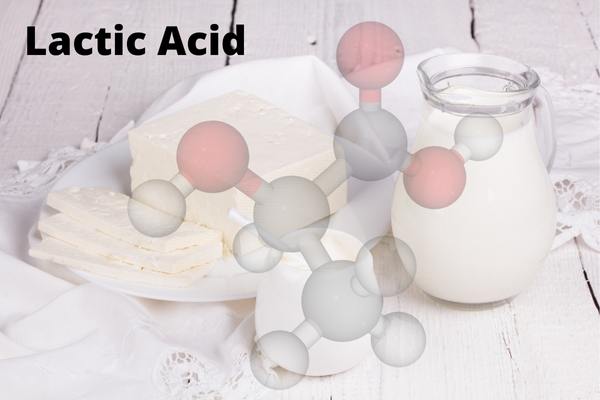
Additional Ingredients
Many sour beers are brewed with additional ingredients, such as fruit, spices, and herbs, to enhance the flavor and complexity. These ingredients can be added during the brewing process or during aging, depending on the desired outcome.
Why Sour Beers Don’t Contain Dairy
Sour beers do not typically contain dairy because the brewing process relies on bacteria and yeast to create the desired flavors and acidity, rather than milk-derived ingredients. Additionally, the use of dairy in beer would create potential issues with spoilage and instability, as well as concerns for those with lactose intolerance or dairy allergies.
Conclusion: Do Sour Beers Have Dairy?
In conclusion, sour beers do not typically contain dairy. The unique flavors and acidity of sour beers are achieved through the use of specific bacteria and yeast strains, rather than dairy ingredients. To wrap up our exploration of sour beers, here are ten facts about this fascinating style:
1. Sour beers rely on bacteria and yeast for their signature tartness.
2. Fermentation methods include spontaneous fermentation and mixed fermentation.
3. Lambic is a Belgian-style sour beer that relies on spontaneous fermentation.
4. Gose is a German-style sour beer that traditionally contains coriander and salt.
5. Berliner Weisse is a low-alcohol, highly carbonated German-style sour beer.
6. Malted grains such as barley and wheat provide the base for sour beers.
7. Hops are used sparingly in sour beers, with a focus on low-alpha acid varieties.
8. Yeast and bacteria are crucial to the flavor profile and acidity of sour beers.
9. Additional ingredients like fruit, spices, and herbs can be used to enhance flavor.
10. Sour beers do not typically contain dairy due to the brewing process and potential spoilage issues.
FAQs
Is sour beer vegan?
Sour beer can be vegan, but it depends on the specific brewing process and ingredients used. Some sour beers may include animal-derived products such as honey or lactose, while others may be brewed with only plant-based ingredients and be considered vegan-friendly. It’s important to check the label or contact the brewery to confirm if a sour beer is vegan.
What beers contain dairy?
Most beers do not contain dairy. However, some specialty beers such as milk stouts and cream ales may be brewed with lactose, a type of sugar derived from milk.
Does Corona beer have lactose?
No, Corona beer does not contain lactose.
Do lagers have dairy?
No, lagers do not have dairy. Lagers are a type of beer made from water, malted barley, and hops. They do not contain any dairy products.
Is there lactose in Corona beer?
Yes, there is lactose in Corona beer.
What sours are vegan?
Most sours are vegan as they typically consist of alcohol, citrus juice, and sweetener. However, some variations may contain egg whites or other animal-derived ingredients, so it’s always best to check the ingredients or ask the bartender.


